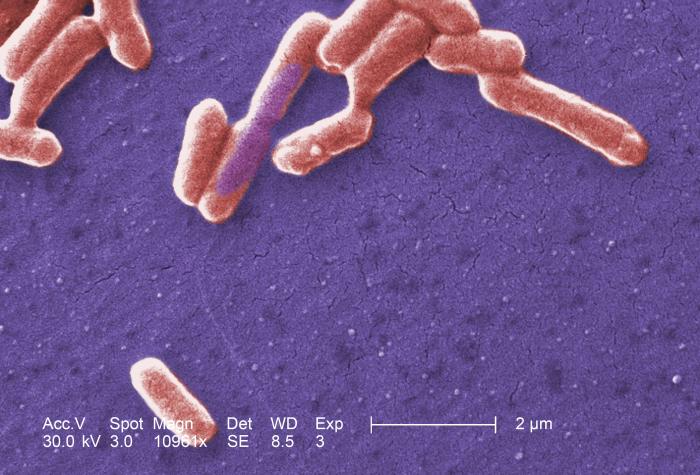The Shiga toxin-producing E. coli (STEC) outbreak linked to a Greenwood County, South Carolina daycare facility has increased by three cases, according to a S.C. Department of Health and Environmental Control (DHEC) investigation update Friday.

This brings the total cases involving individuals at The Learning Vine childcare facility and their family members to 11. 186 other individuals tested negative for the bacterium, according to health officials.
The DHEC reports the three newly revealed illnesses occurred in people who have already recovered from their infections, but had not been previously associated with the outbreak.
There is no evidence of ongoing transmission related to this investigation, and there has been no new onset of illness in students or staff of the daycare since June 1, 2015.
When will the daycare be able to reopen? The following criteria must be met prior to students and staff returning to the facility: All students and staff must be tested for Shiga toxin-producing E. coli (STEC) and have at least one negative stool sample before returning to the facility; Some individuals may be required to have two negative stool samples before returning to the facility based on their history of illness or contact with cases; the facility must continue to follow all recommendations issued by DHEC and the facility must correct any deficiencies cited in the DSS Inspection Report.
The symptoms of STEC infections vary for each person but often include severe stomach cramps, diarrhea (often bloody), and vomiting. If there is fever, it usually is not very high (less than 101˚F/less than 38.5˚C). Most people get better within 5–7 days. Some infections are very mild, but others are severe or even life-threatening.
Around 5–10% of those who are diagnosed with STEC infection develop a potentially life-threatening complication known as hemolytic uremic syndrome (HUS). Clues that a person is developing HUS include decreased frequency of urination, feeling very tired, and losing pink color in cheeks and inside the lower eyelids. Persons with HUS should be hospitalized because their kidneys may stop working and they may develop other serious problems. Most persons with HUS recover within a few weeks, but some suffer permanent damage or die.


One thought on “South Carolina E. coli outbreak up three cases, no evidence of ongoing transmission”